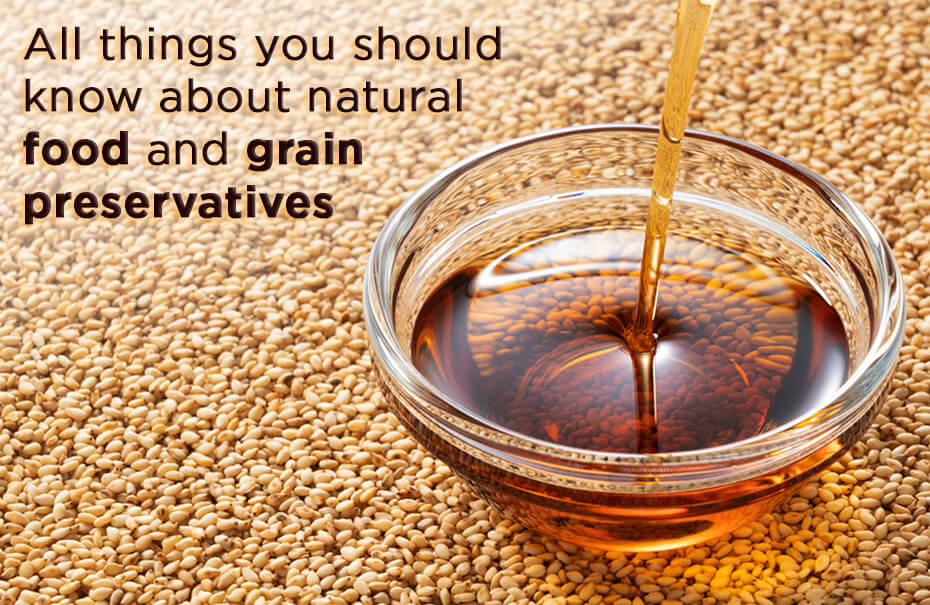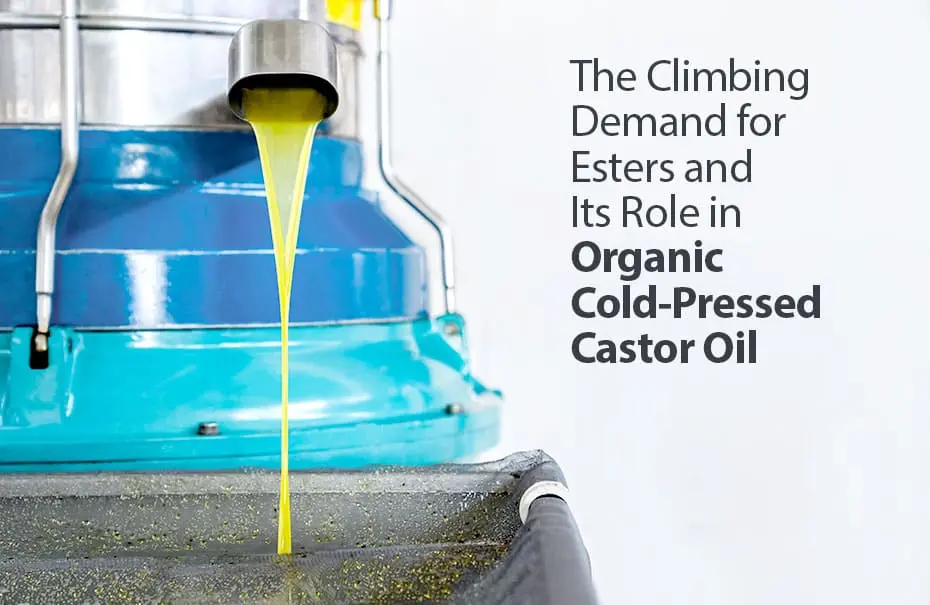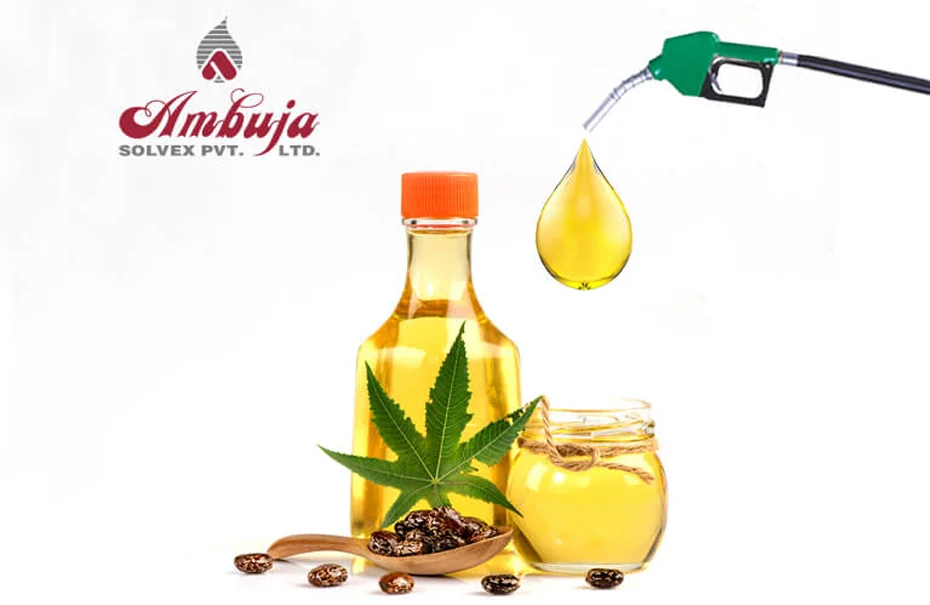All things you should know about Natural Food and Grain Preservatives

Chemicals do have more powers but nature beat them anyhow. The same is the case with preservatives. Chemical preservatives do give a long life but do you know natural food and grain preservative can also do wonders and is the safest option?
What are Preservatives?
Preservatives are substances added to the food or grain to retard the decomposing process that occurs due to chemical changes such as oxidation or the growth of mold and thereby help maintain its freshness, taste, and consistency for a longer period.
Now, the art of preserving food is a practice used since prehistoric times where smoked meat was often used to preserve food as it contained phenols and other chemicals that delayed spoilage. Later, with time, the preservation of foods evolved greatly, and today, we have a lot of chemicals that act as effective preservatives that not only prevent the food from decaying or fermenting but also, make the food look good. But, even though preservatives increase the shelf-life of the food, the chemical additives that are extensively used in food products to prevent the survival and proliferation of microorganisms; are rising an alarming concern about their impact on human health.
So, are preservatives bad?
Not all of it. The chemical preservatives that are increasing the shelf-life of food might be actually decreasing the lifespan of humans. Well, it doesn’t mean they are poison and will kill you in no time but, ingesting them may slowly start taking a toll on your health. Due to the excellent power of preserving that chemicals possess, the use of natural ingredients which do have preserving power became lost with time. There are a lot of natural products that have the ability to prevent the food from spoiling although not as much as chemicals but definitely safe compared to them.
Chemical vs Natural Preservatives
Preservatives come in various forms. There’s one that counteracts the enzymes that naturally try to break down anything organic and turn it into compost for eg. rubbing lemon juice on an apple slice to prevent browning. Secondly, there are antioxidants that keep fats and other food components from breaking down and becoming rancid or developing off-flavors, and lastly, the ones that act directly to kill potentially harmful molds: bacteria and fungi.
Now, there are also two different ways of preservation – chemical and physical. For example, there are certain chemicals such as Sorbic acid, Sodium Sorbate, and Sorbates – used for cheese, wine, baked goods, Benzoic acid, and Benzoates – used in acidic foods such as jams, salad dressing, juices, pickles, carbonated drinks, soy sauce, Parabens, Sulfur Dioxide, and Sulfites- used for fruits, Nitrites – used in meats to prevent botulism toxin, etc. or natural products like salt, sugar, lemon juice that are added to food to prevent them from spoiling and then there is a physical way of preserving which includes freezing, fermentation, pickling, curing, and canning. Both chemical and natural preservatives have their pros and cons and anything in excess is always a poison but people today are shifting away from products having chemical preservatives and are adapting natural ways and methods more due to health concerns which is a good thing because natural is always better. So, let’s see what are some of the natural preservatives that are safe and healthy.
1. Lemon
Regarded as an excellent preservative due to citric acid, lemon is used to preserve fruits that are kept in the fridge. Their peels and flesh are the best fixes to prevent food from spoiling. You can squeeze them in your cold dishes or on food right after they are cooked for longer life.
2. Garlic
Garlic’s antiviral properties are known to fight bacteria not only in our body but also in food. Tossing a few garlic cloves or some minced garlic into soup, dressing, dip, or any other dish can keep harmful bacteria at bay and allow the food to stay fresh for longer.
3. Vinegar
Composed of fermentation of sugar and water solutions, vinegar tops the list when it comes to natural preservatives due to its effective results. The acetic acid in vinegar eliminates microbes and prevents food spoilage just like any chemical preservatives but without any harmful effects. Generally used in pickles, vinegar is one of the best natural preservatives that prevent decay as well as enhance the taste of the food to which it is added.
4. Salt & Sugar
The most used kitchen ingredients, salt, and sugar can surprise you when it comes to food preservation. From pickles, fish, vegetables, to jams and jellies, salt and sugar aid in preserving your food in a healthy manner.
5. Neem
Neem has multiple uses and one among them is food preservation. A few leaves of neem when packed in a small bag and placed in containers containing rice, flour, grains, etc. can prevent rotting and increase their storage life.
6. Oregano
Next time instead of throwing away the extra pouches of oregano that you get with a pizza box, think of using it as a preservative for meat or certain bread because it contains anti-microbial properties that can prevent spoilage naturally.
7. Clove & Cinnamon
The spices that enhance the flavor of your food can also protect them from decaying when added to the prepared food or stored along with food grains.
8. Castor Oil
Oiling is an age-old practice of preserving. Generally, food grains are preserved using the oiling method where any vegetable or other edible oil is applied before storing. Wheat, rice, pulses, etc. gain longer shelf life when oiled and stored and among the oils used, castor oil is believed to be the best due to its antifungal and antibacterial properties. Castor oil as a preservative is used in many countries such as India, Pakistan, Nepal, and others where food grains are stored in large containers in the families and to avoid rotting they are oiled well.
Castor oil works perfectly as a natural preservative and hence is used in the food industry in the form of polyoxyethylated castor oil as a food additive, flavoring agent, mold inhibitor, and in packaging which is even recognized as safe and effective by the United States Food and Drug Administration (FDA).
Castor: The Preserver
Natural preservatives are indeed significant alternatives to chemical ones as are they are hardly harmful and can impact human health only if consumed in excess. Since the market today is selling anything in the name of natural products, look for castor oil manufacturers in India who are selling high-quality castor oil products as it’s a matter of food and when you will search for it, you will find us – Ambuja Solvex in the list because we believe in nature’s power.



